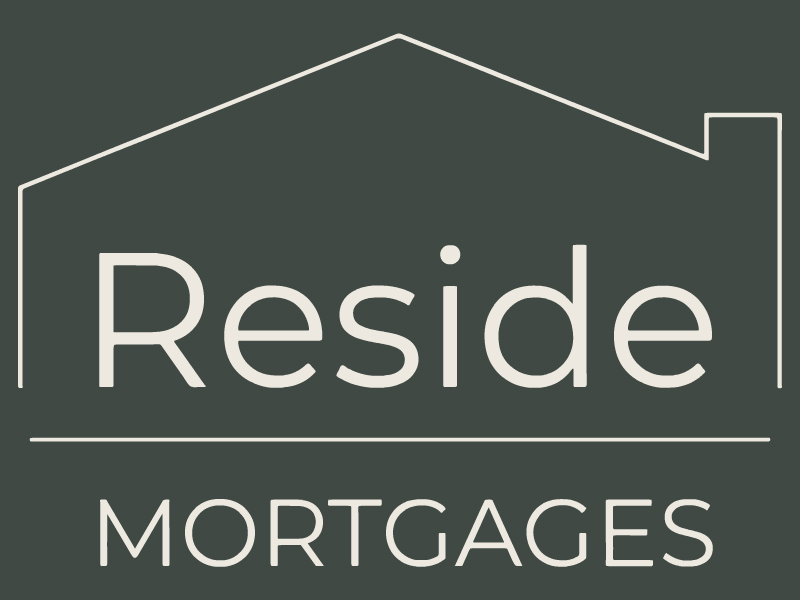In the ever changing landscape of the UK housing market, the age-old debate of buying versus renting continues to be a topic of great significance. For prospective homeowners and tenants, the decision can be daunting, with various financial factors to consider. To help you make an informed choice, we’ll compare the financial pros and cons of buying a home versus renting in the UK.
The Pros of Buying:
Equity Building: Perhaps the most significant advantage of buying a home is the opportunity to build equity. With each mortgage payment, you’re investing in your property, which can appreciate in value over time. This can lead to significant wealth accumulation.
Stable Monthly Payments: Fixed-rate mortgages offer predictability with stable monthly payments, making it easier to budget in the long term compared to fluctuating rental costs.
Freedom to Customise: As a homeowner, you have the freedom to make changes to your property, personalise it to your liking, and potentially increase its value.
Long-Term Savings: Over time, mortgage payments will cease, leaving you with a valuable asset you can live in or sell.
The Cons of Buying:
Upfront Costs: The initial costs of buying a home include a substantial deposit, legal fees, and potential stamp duty. This can be a barrier for some.
Maintenance Expenses: As a homeowner, you are responsible for the upkeep and maintenance of your property, which can be costly.
Market Fluctuations: Property values can rise or fall, impacting your investment. It’s essential to consider market trends in your decision.
The Pros of Renting:
Flexibility: Renting provides more flexibility to move as your circumstances change, without the hassle of selling a property.
Predictable Costs: Renters often benefit from fixed monthly expenses, as landlords typically cover maintenance and property taxes.
No Property Market Risks: Renters aren’t directly affected by property market fluctuations, offering stability in uncertain times.
Lower Upfront Costs: Renting typically requires a smaller initial financial commitment, making it more accessible for many.
The Cons of Renting:
No Equity Building: Renters do not build equity in a property. Monthly rent payments do not contribute to ownership.
Lack of Control: Renters are subject to the rules and decisions of their landlords, which can limit personalisation and property alterations or personalisation.
Rising Rent: Over time, rent prices can increase, making it challenging to predict future housing costs.
Ultimately, the decision to buy or rent in the UK depends on your financial situation, lifestyle, and long-term goals. If you plan to stay in an area for an extended period and can afford the initial costs, buying may offer you a sense of stability, investment potential, and the opportunity to create a home of your own. However, renting is a viable option for those who value flexibility, lower upfront costs, and the ability to leave property management to someone else.
The key is to assess your unique financial circumstances and consider both the short term and long term implications. Consulting with a mortgage broker or financial advisor can help you make a well-informed decision that aligns with your financial goals and lifestyle.


